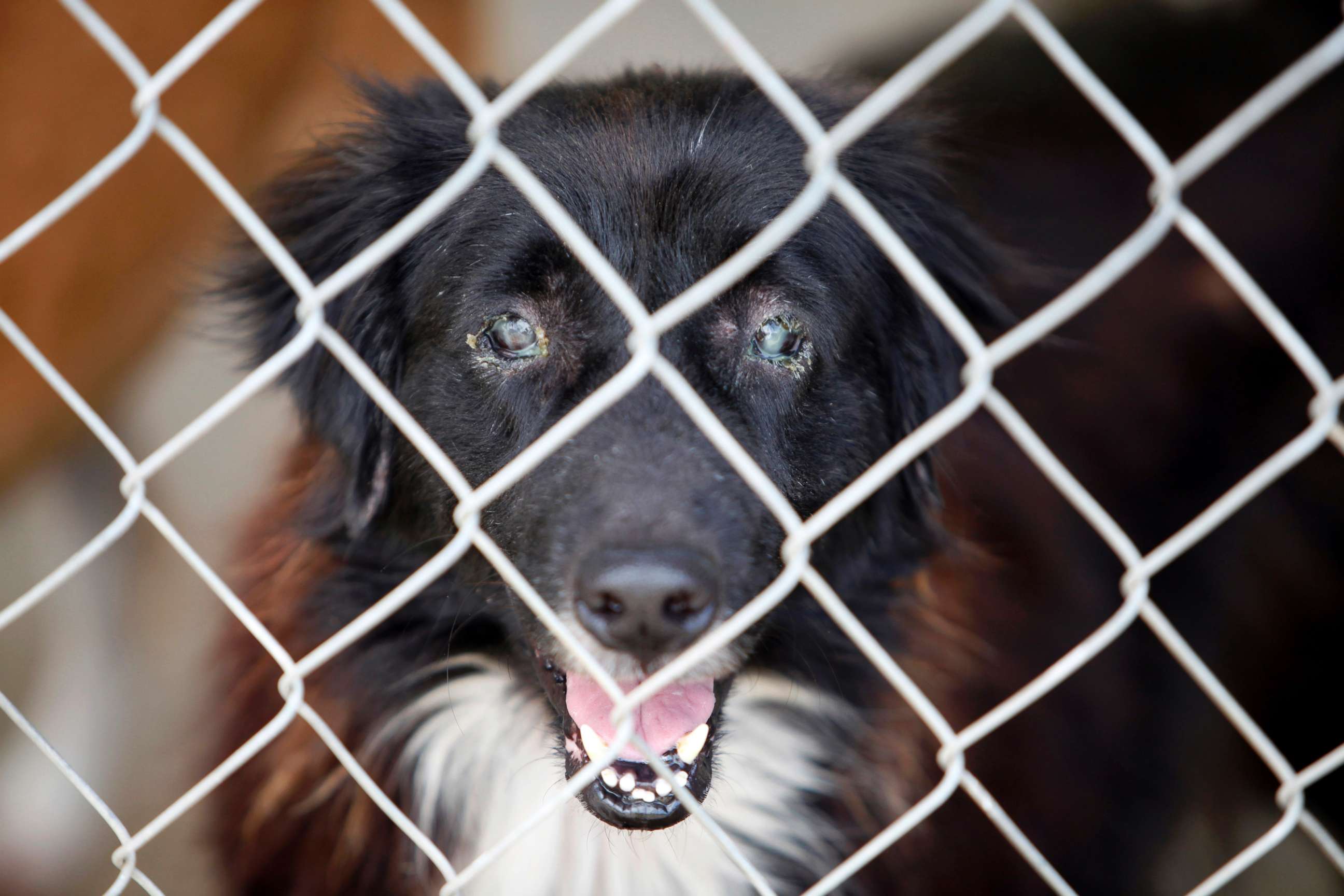Congress pushes USDA to reinstate public animal inspection reports
Language in a document connected to the omnibus spending bill urges the U.S. Department of Agriculture to increase public access to inspection reports of animal breeders and other facilities after the agency, citing privacy concerns, rolled back access to the information.
The USDA removed inspection reports from a public database last February, leading to criticism from lawmakers and animal advocacy groups. The agency later announced that it would repost some of the reports with more information redacted to protect private information and that records could be requested through the Freedom of Information Act.
Under the Animal Welfare Act, the USDA is required to conduct inspections of any individual or business that sells, transports, or works with animals, including zoos, animal breeders, and research facilities. In past years the agency has maintained a database of those inspection reports conducted by the Animal and Plant Health Inspection Service, or APHIS.

In a document published as part of the spending bill, first reported by Science Magazine, Congress writes that the move to redact or restrict access to the reports violated Congressional requirements that the database allow users to access all reports and documents related to enforcement of animal welfare laws.
"USDA is now posting heavily redacted inspection reports that make it difficult in certain cases for the public to understand the subject of the inspection, assess USDA's subsequent actions, and to evaluate the effectiveness of its enforcement," the documents says.
It goes on to say that restricting information on the reports is not in line Congressional directives to make the information public and that "Congress has the right to make any inquiry it wishes into litigation in which USDA is involved" if the agency does not comply.
Lyndsay Cole, assistant director of public affairs for APHIS, said they are reviewing the language.
Animal advocacy groups and reporters have filed FOIA requests for unpublished reports but say the agency is redacting virtually all useful information.
The Humane Society of the United States filed a lawsuit against the USDA and the animal inspection service this week alleging that the agency withheld inspection reports of puppy mills the Humane Society was investigating.
Copies of the documents Humane Society obtained through their FOIA requests show that the bulk of the information is redacted, including the address of the facility, date of the inspection, and the inspector's findings.
In a letter to the Humane Society explaining the redactions, the USDA's FOIA office wrote that because the reports they requested were about businesses that operated out of an individual's private home they could not be disclosed without that person's consent. The Humane Society uses information from inspection reports to publish reports on puppy mills and other facilities with unsanitary conditions or animals that are sick and were looking into puppy mills in Ohio as part of advocating for a ballot initiative in the state in the 2018 midterms.
State and local government laws regulating commercially raised puppies have more than doubled in recent years, according to a report by the PEW Charitable Trusts.
John Goodwin, senior director of the Humane Society's Stop Puppy Mills campaign, said that without access to these reports people can't find out more information about where puppies come from and in some states it can make it harder to enforce state or local laws that prohibit pet stores from selling puppies from facilities with violations.
He said if people choose to buy dogs from a pet store they should be able to find out the history of where those puppies came from and if they are healthy.
Goodwin said that in previous years the public could get the full inspection reports through the APHIS database but that now the database is not user-friendly and it's unclear if it contains all the reports, so members of the public can't see what violations were identified and whether they were corrected.
He said the only people who benefit from removing information from inspection reports are "those who put animals in harm's way and gotten caught and they don't want the general public to know," he said in an interview with ABC News.
Even though Goodwin said he's not optimistic the language in the omnibus document will result in any change with how USDA handles the reports Congress could take further action or a judge could rule that the documents should not be so heavily redacted in their lawsuit and prompt a change in policy.
A previous lawsuit against the USDA's new approach to inspection report was dismissed by a federal judge, who said in his order that FOIA provided an "adequate, alternate remedy." The group that led that lawsuit, the Animal Legal Defense Fund, has now appealed that decision.
The Tampa Bay Times also reported earlier this month that the USDA redacted inspection reports the newspaper requested as part of its reporting on a proposed change in state laws regarding the sale of dogs from licensed puppy breeders.
APHIS posts frequently requested documents on its website. Many of the inspection records posted there are also heavily redacted.




